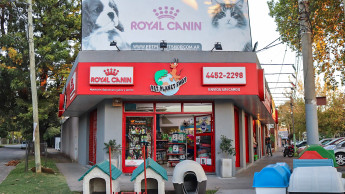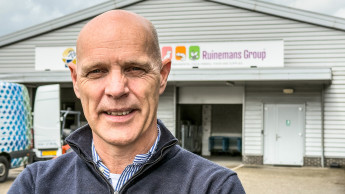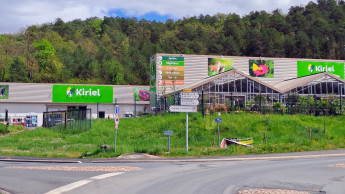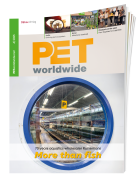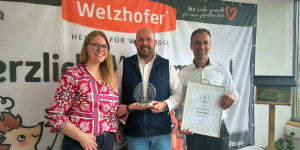The global trend towards concentration has also reached the pet product industry. While small pet product businesses have their backs to the wall, the spread of big retail chains is strongly on the increase
The UK speciality chain Pets at home is the undisputed number one in the country’s pet product sector.
The convenience aspect
The development of large retail groups is one consequence of the change in consumer behaviour. In the age of the Internet, when it’s possible to obtain goods from all over the world quickly and easily at the click of a mouse, many people find the idea of battling through stressful rush-hour traffic after work and having to search for a parking space, only to return home empty-handed having failed to find the right thing, incomprehensible. The losers in this new approach to shopping are principally the small inner-city shops. Even countries like Italy and Spain, where big shopping malls took a long time to catch on among the populace, have now become caught up in this trend.
"Green field“ sites exert a strong attraction because shoppers can access a large number of specialist stores all at once in a single location. The stores are usually well situated from the transport point of view, offer extensive parking and cover almost all one’s day-to-day requirements.
The Fressnapf concept has already been implemented successfully in seven countries. In the picture: a store in Hungary.
Reproducible concepts
The concepts of the speciality chains are mostly thought out in such a way that they can easily be duplicated in other locations. With a distinctive, logically developed Corporate Identity (CI) that extends to all aspects of the company from its external appearance to its marketing, a retail group can gradually evolve into a brand that seeps into the consumer’s consciousness.
Fressnapf’s success story demonstrates that this can happen in the pet product industry too. The German company, based in Krefeld, currently operates over 600 speciality stores in seven countries and is the undisputed market leader in the European pet product industry. By investing continuously in self-marketing, the company has succeeded in creating an image of itself in the minds of many consumers as a place where pet products can be purchased cheaply. A steadily growing range of private label goods, targeted CI activities and a consistent commitment to the protection of animals have all contributed to the creation of an unmistakable identity for Fressnapf.
Even if most chains in the pet product sector have only operated on a national level hitherto, the desire to differentiate oneself from the competition by creating a distinctive profile still exists. This doesn’t always work in practice. But since a brand is characterized by consistent quality, it’s also important for a retail group to present a uniform picture at all its stores, in all its advertising campaigns and in its other external manifestations. This also goes for the professional competence of its staff, which in most chains sometimes varies considerably from branch to branch.
Regional chain-store branches are only just beginning to develop in Italy.
Don’t underestimate professional competence
As well as presenting a uniform external facade, a chain offers the advantage in many instances that through bulk buying it can secure attractive price discounts that it can pass on to customers. This is one of the strengths of the grocery business compared to the speciality trade. Yet the examples of Fressnapf and Pets Mart show that market share can be reclaimed even from the food retailers if the concept offers a logical mix of professional competence and value for money.
The example of France, where many chains employ only low-paid staff with no knowledge of the industry, shows that the overall picture is still very inconsistent. Although the trend towards self-service shopping has spread throughout Europe, the customer wants the benefit of contact with store staff who will give competent and reliable answers to his questions. Many chains still underestimate the significance of professional advice, which is why more and more customers are turning their backs on such stores and seeking out competent specialists who know something about the industry.



 Menü
Menü

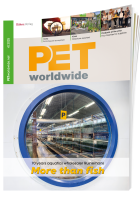



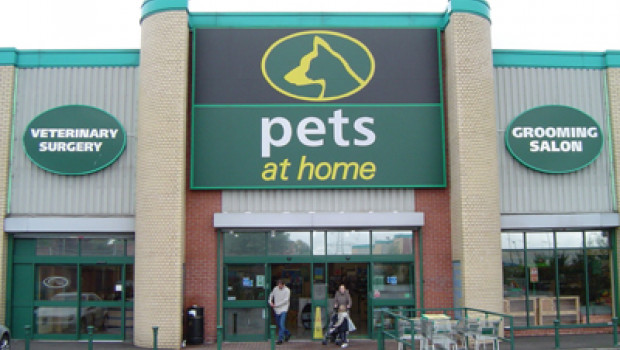
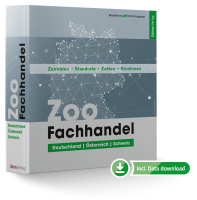
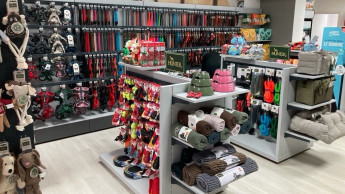
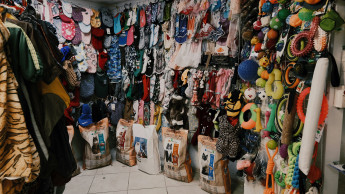
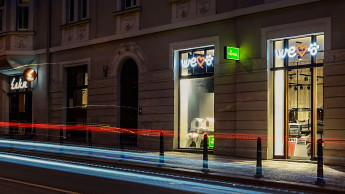
 Print - digital - online
Print - digital - online